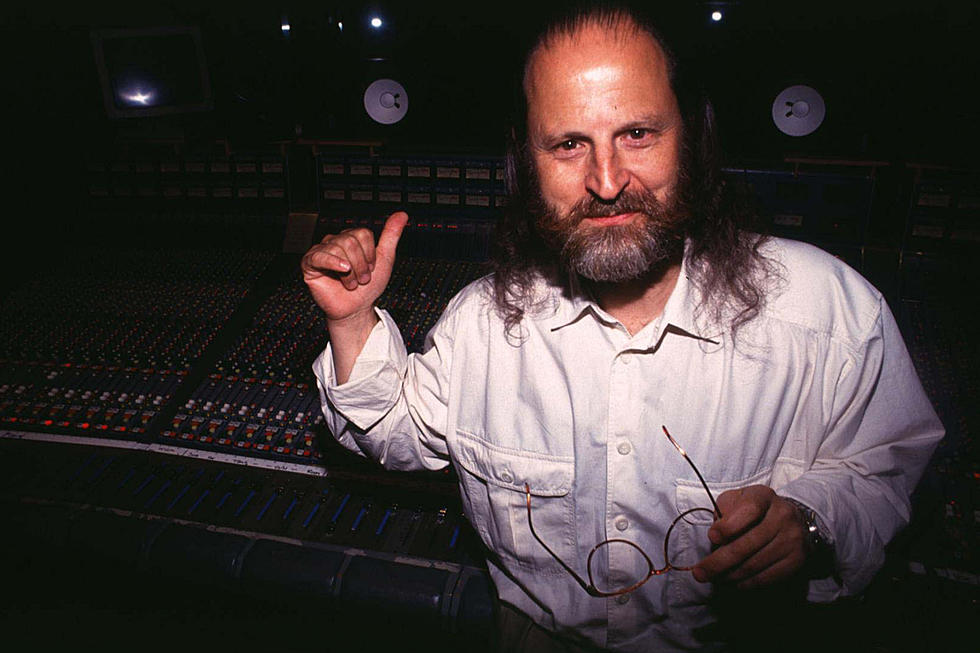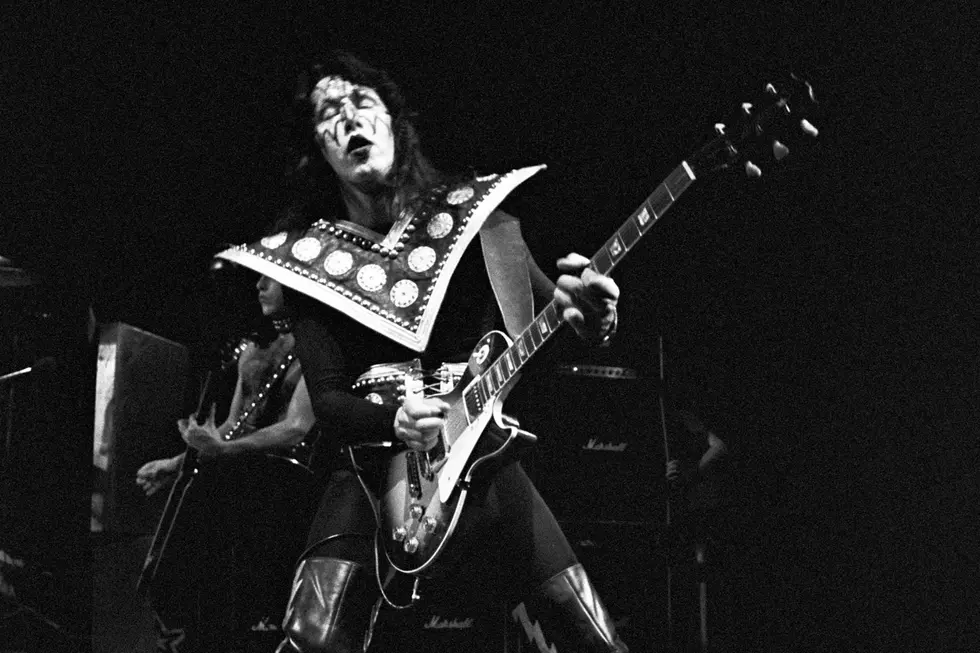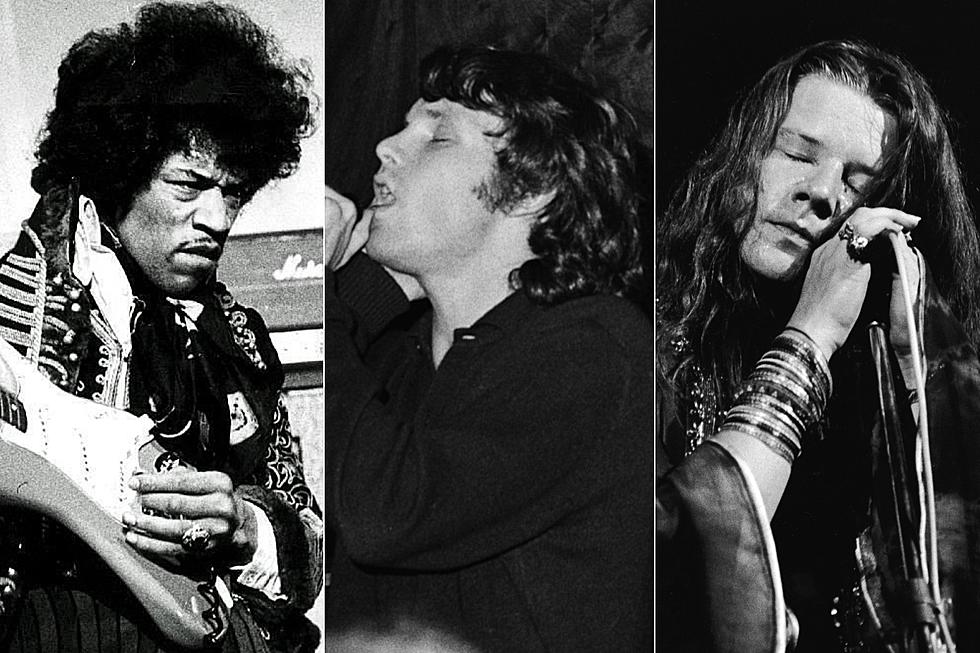
Eddie Kramer Reveals Plans for Book, Documentary and Podcast
Producer Eddie Kramer is finally telling his life story, and he's doing so in a variety of formats.
The man who was behind the boards for classic albums by Jimi Hendrix, Led Zeppelin, Kiss and others is working on a book titled From the Other Side of the Glass. A documentary of the same name is also in the cards, as is Kramer's first podcast, Kramer Talk.
"It’s something I’ve been working on for many years," Kramer tells UCR about the book, which will feature photos he took during sessions for albums like Hendrix's Electric Ladyland. "I’ve sketched it out, I’ve got all the chapters and all the ideas lined up, I know what I’m writing about. This COVID-19 thing has just put me in the book-writing mode."
John Dorsey, whose credits include Year of the Scab and work on Rock Star: INXS, will direct the From the Other Side of the Glass documentary. "We have Emmy Award- and Academy Award-winning producers and editors, all signed up and ready to go," Kramer says. "I’ve got to finish the book, and from there we’ll work on a script. We probably won’t start until next year because of the situation in the world. It’s given me the opportunity to really put some meat on the bone in terms of the stories."
Kramer, who was born in South Africa and played classical and jazz music when he was young, moved to England in the early '60s at age 19, just as rock music was starting to take over the world. "Growing up, I loved electronics and I loved music, and I figured out a way to combine the two," he recalls. "I arrived right at the moment when things were beginning to change in dramatic fashion. Can you imagine, in the early '60s, watching the Beatles on TV for the first time? It was like, ‘What is this?' It was so incredible. I was very fortunate to be in the right place at the right time, and I worked with a bunch of wonderful artists. There’s a ton of great stories. It was a very challenging, wonderful ride, and I’m still doing it. I’m still making records."
The book and documentary will also showcase Kramer's extensive collection of photos, many of which can be seen and purchased on his Eddie Kramer Archives website. "I was very fortunate," he noted. "No manager was present to say, 'Hey, you can’t take a picture of my artist.’ Not like it is today. They just said, 'Yeah, whatever, we don’t care.' A camera was nothing. So, I got all these intimate shots of Hendrix and the Stones and Zeppelin and many other bands that I worked with."
Kramer promises honest appraisals of his time in the studio. "I tried to remember the stories as best as I can," he says. "You’ve got to take the good with the bad. You can’t just sugarcoat it. Whether it was something I did or something the band did, or something we did creatively together in the studio, it’s got to be in the movie. That’s what’s going to make it fun. To me, that’s the bottom line - if it’s not fun, it’s not worth doing. And that’s the same thing I carry through into the studio: 'Come on, guys, we’ve got to have fun. This is music, not rocket science.'"
The success of the recent four-part Ask Eddie Kramer live chat series - which found him answering questions about working with Led Zeppelin, Hendrix and the Rolling Stones, as well as on the Woodstock soundtrack - has convinced Kramer to start another new project in the form of a podcast, which he hopes to launch in early summer.
He says Kramer Talk is "for all the fans out there who’ve asked so many wonderful questions. There’s hundreds of thousands of questions, and I’d like to continue that process of being online and talking to fans and people who loved music. And I love telling the stories."
Led Zeppelin Albums Ranked
More From Ultimate Classic Rock









